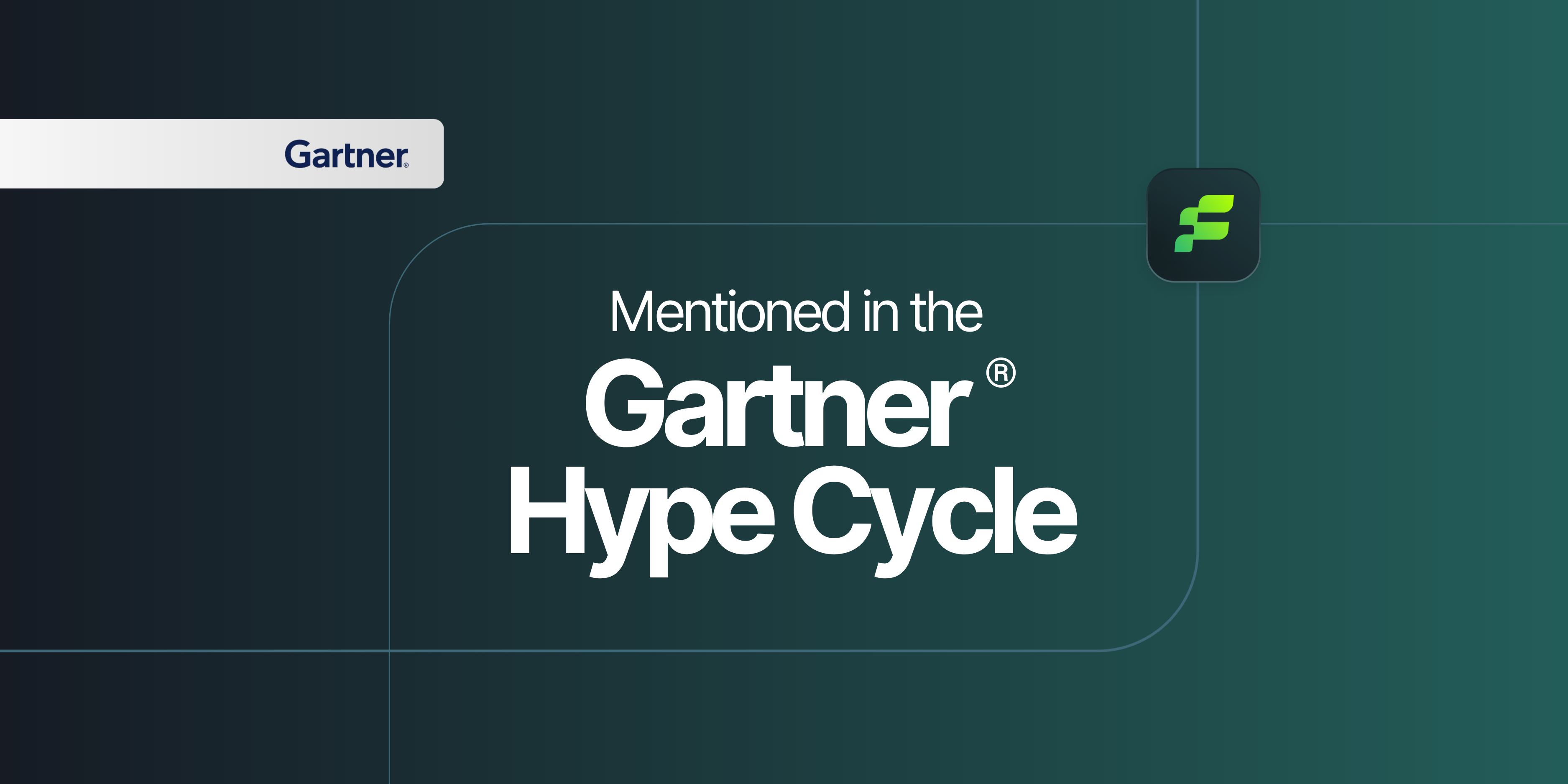Reducing carbon emissions is not just up to the transportation and logistics industry. The industries utilising transportation and logistics services are important drivers for improvement. The GLEC was formed to coordinate a combined effort to minimise logistics’ carbon impact.
The Global Logistics Emissions Council (GLEC) was formed in 2014 as a voluntary partnership, and since its inception, over 50 companies and industry associations have joined it. GLEC is developing guidelines to calculate, report, and reduce logistics emissions that work for the industry.
Importance of Emissions Accounting in Logistics
The GLEC Framework includes different climate pollutants from logistics activities:
- CO2 – Carbon Dioxide
- PFCs – Perfluorocarbons
- N2O – Nitrous oxide
- NF3 – Nitrogen trifluoride
- SF6 – Sulphur hexafluoride
- CH4 – Methane
Emissions accounting covers all modes of transportation, including locations where goods are temporarily or permanently stored or transferred to other modes of transport. The GLEC Framework has been developed based on different carbon accounting methods for different modes of transport and storage.
Emissions accounting is important to get a complete overview of all emissions. It gives us a clear picture of the impact of different parts of our supply chains. It can help us determine where the biggest potential savings on emissions are and what parts of our supply chain have the biggest impact on the climate.
Key Components of the Framework
The GLEC Framework for Logistics Emissions Accounting and Reporting is a comprehensive approach to calculating and reporting emissions in the logistics sector. The key components of the framework are:
Base Methodologies – The GLEC Framework aligns global efforts on carbon accounting for logistics operations. It builds on existing methods for individual modes, green freight programs, and government, harmonising practices widely used by industry, experts, and practitioners worldwide. This improves the compatibility and comparability of results while streamlining data collection and reporting efforts. The Framework is aligned with the Greenhouse Gas Protocol Corporate Accounting and Reporting Standard, Scope 2 Guidance, and Corporate Value Chain (Scope 3) Accounting and Reporting Standard.
Transportation and Storage – The GLEC Framework aims to cover all aspects of freight transportation, designed to allow full visibility of the mobile and stationary elements within a transport network. All freight transportation modes are covered: air, inland waterways, rail, road, and sea. Stopping points along a journey, where goods are transferred, stored, or repackaged, are also included and classed as logistics sites.
Greenhouse Gases & Black Carbon – The framework considers all greenhouse gases and black carbon emissions in its calculations, providing a comprehensive view of the environmental impact of logistics operations.
Fuel Life Cycle – The GLEC Framework considers the entire life cycle of fuels used in logistics, from production to consumption, ensuring a thorough emissions accounting.
Scopes 1, 2, and 3 – The framework aligns with the Greenhouse Gas Protocol’s scopes for emissions accounting, covering direct emissions (Scope 1), indirect emissions from purchased electricity (Scope 2), and other indirect emissions in the value chain (Scope 3).
These components work together to provide a robust and comprehensive methodology for logistics emissions accounting and reporting, promoting transparency and comparability across the industry.
The Impact of the GLEC Framework on the Logistics Industry
The Global Logistics Emissions Council (GLEC) Framework for Logistics Emissions Accounting and Reporting is a pivotal tool for a more sustainable logistics industry. By providing a comprehensive and standardised approach to emissions accounting, it enables companies to accurately measure their environmental impact, identify areas for improvement, and track their progress over time. The key components of the framework, including its base methodologies, coverage of the transportation and storage, consideration of all greenhouse gases and black carbon, fuel life cycle analysis, and alignment with Scopes 1, 2, and 3, make it a robust and reliable tool for emissions accounting. As the logistics industry continues to evolve and grow, the GLEC Framework will play a crucial role in guiding its path towards sustainability while the industry and the framework evolve.




.jpg)
.jpg)